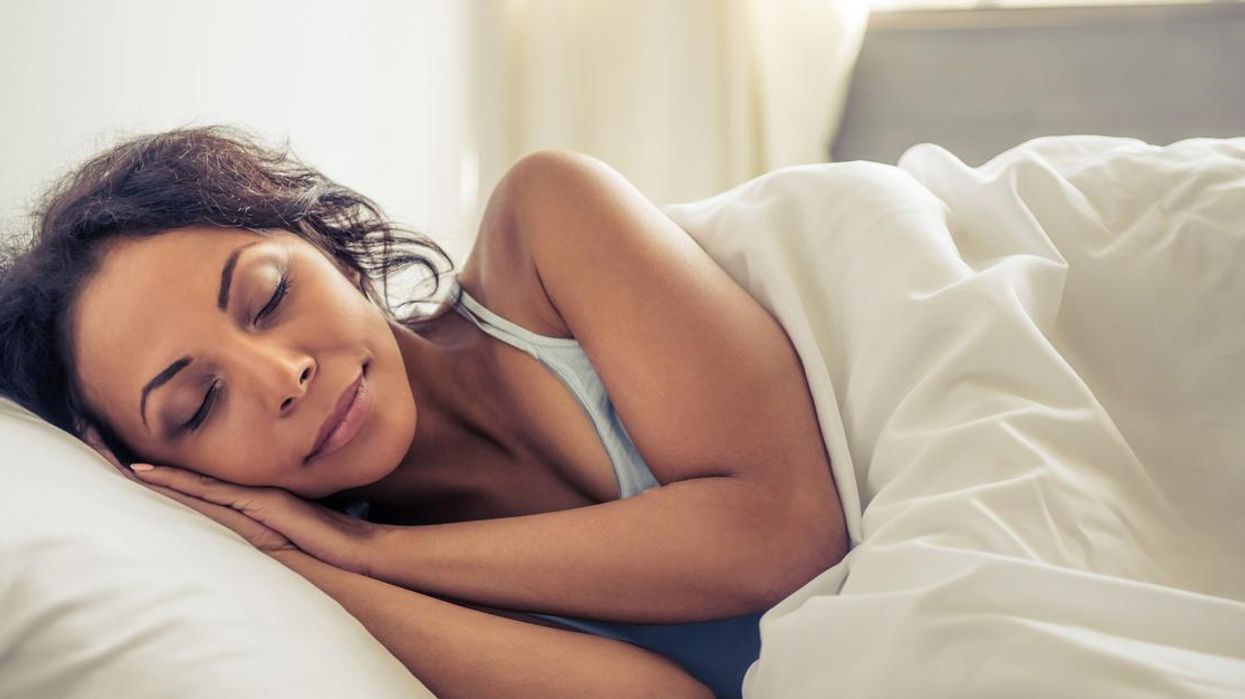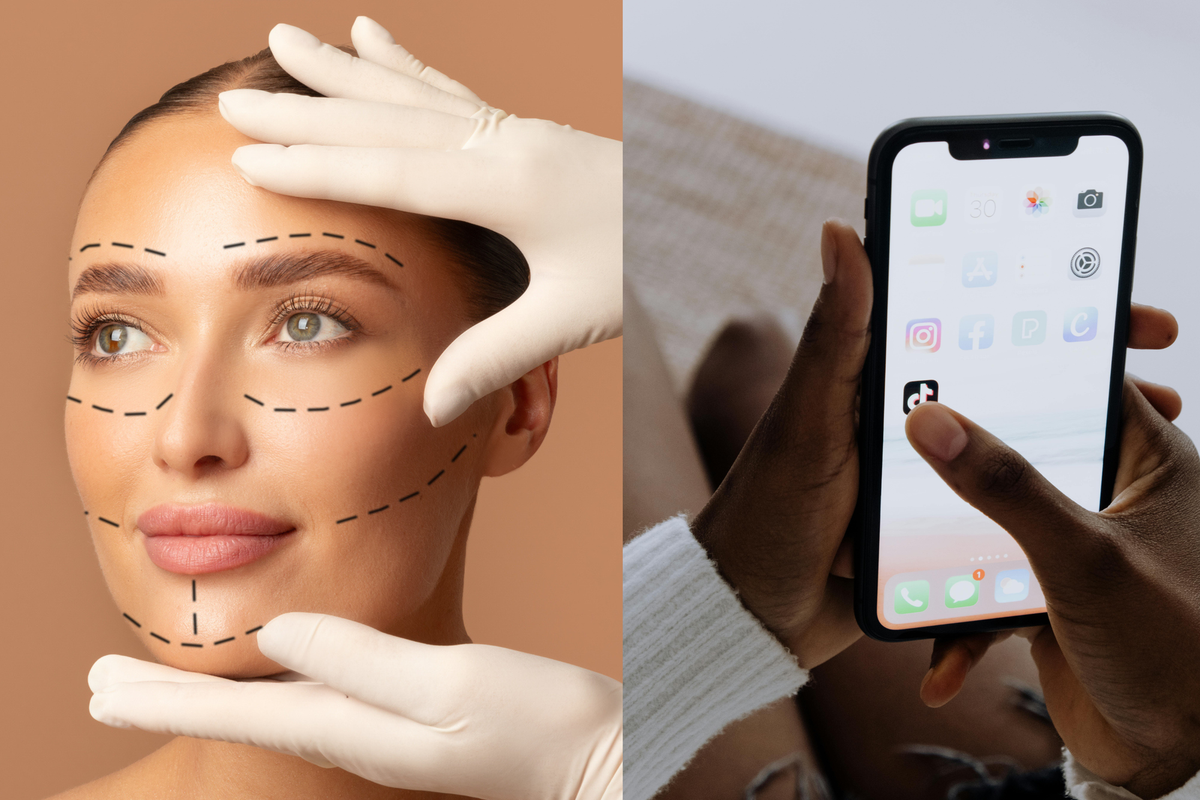News
Greg Evans
Aug 05, 2017

Picture:
Getty Images
The question of how many hours of sleep you need a night has plagued mankind for centuries.
Well, that's a bit of an exaggeration but there always seems to be an air of debate surrounding the subject.
Seven to nine hours every night has long been perceived as the standard requirement, but that can't be true.
Like most things sleep varies from person to person.
You may only need a few hours every night or you could be a long sleeper who is looking to get up to eleven hours of shut eye.
That being said research from Till Roenneberg, a German sleep expert, does show that the average adult needs seven to nine hours a day.
On top of that here are some other things you should consider when it comes to sleep.
Body Clocks
Everyone should be aware of their own body clocks, or chronotypes as it is known scientifically.
While some of us are quite sluggish in the mornings others are bright and perky.
Although most people are determined to have an average body clock, some people do prefer to rise a littler earlier or later.
You may notice that you feel more fatigued at certain times of day too but this is down to you body clock being unsynchronised.
Other factors such as hormones and genetics can effect this but you might want to address your schedule if you find this is a common occurrence.
Age
The seven to nine hours is what most experts tell adults to aim for but it's different for children and the elderly.
The National Sleep Foundation state that new born babies need something between 14 to 17 hours.
They also say that teenagers as old as 17 need at least eight to ten hours.
However, older adults over 65 needing much less with some only opting for five to six hours kip each night.
Light
This might not sound like something that effects you, but your exposure to light can alter how you feel throughout the day.
Even if you want a lie in, morning light sends signals to our body telling you to be alert and moving.
The same happens at night, with darkness stimulating hormones which help us relax and drift off to sleep.
If you feel you aren't too great at waking up in the mornings, limit your exposure to bright lights in the evening.
This might involve not having every light in the house on or not looking at your smart phone before going to sleep.
By doing this and becoming more receptive of light in the mornings, you should find it easier to rise from your slumber.
Personal preference
All this information is all well and good but it's only worthwhile if it works for you.
Experts say that we should explore what sleeping factors work best for us.
You can try this by allowing yourself to going to sleep and rising naturally, unaided by any other stimulants.
Exercise and sunlight also help when it comes to sleep but you can always consult a doctor if you feel your sleeping patterns aren't quite what they should be.
HT Business Insider National Sleep Foundation
More: This is what your sleeping position says about your personality
Top 100
The Conversation (0)













